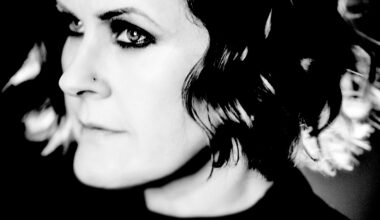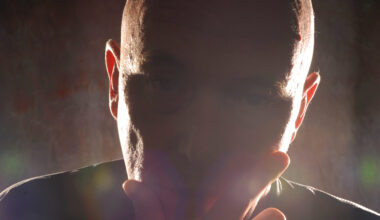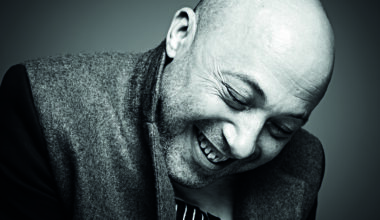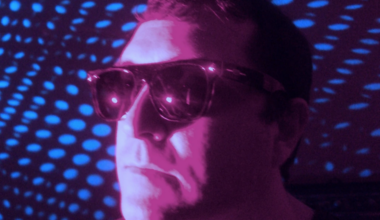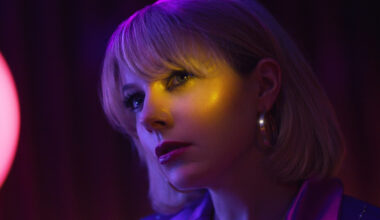DJ, producer and Death In Vegas mastermind Richard Fearless shares some of the main motivating forces behind his work
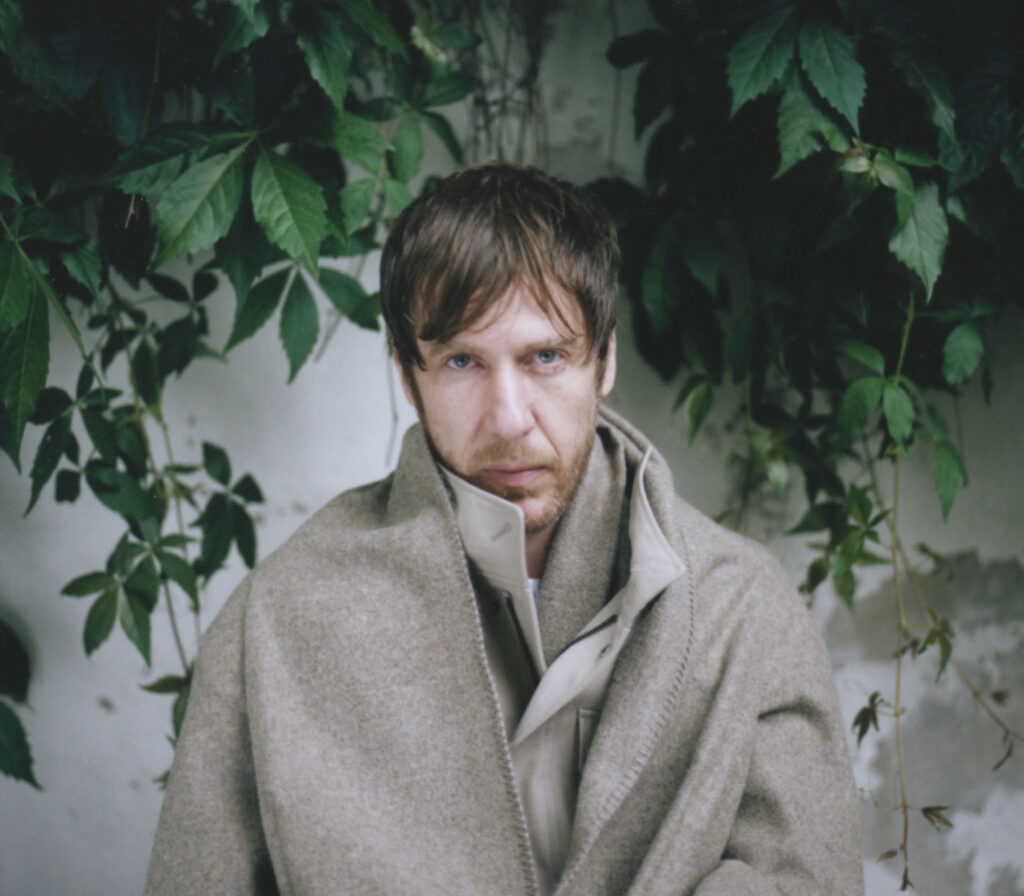
SPACE
I was born in Zambia and for most of my early life I lived in the Kalahari Desert. My dad was an engineer and my family lived in Africa until I was 21. I went to a boarding school in England from the age of seven, but I feel like I did my growing up in Africa, so space is something that has always affected me, both as a person and as an artist. When you grow up somewhere like a desert, an area where there’s lots of space around you, you can’t help but find it a catalyst.
I can definitely hear how I’ve transposed this to my music. I’m not afraid to have space in my songs and I think that’s something that’s quite hard to do sometimes as a musician. It’s very much about layering, but it also goes back to dub and techno and the use of minimal components. That’s why I think a lot of my stuff has been used in films over the years, because it leaves a bit more room for the listener to use their imagination on some level.
I try to utilise the space around me in my writing process. My father lives in Donegal in Ireland now, and whenever I’ve written lyrics I’ve gone and stayed at my dad’s house, so I think I do tend to draw in what’s around me. My current studio is on a really wide section of the Thames, just before the Thames Barrier. It’s on a bend, so it’s probably a mile wide section of the river that I can see at that point, and just having that big vista is incredibly inspiring for me when I work.
In many ways, I think I’m more of a visual person than a musician. I was training to be a fine artist when I started Death In Vegas and the music kind of overshadowed that for a while. I actually stopped Death In Vegas for about seven years and went to study photography in America, and that sense of space is something that’s also made a huge difference to my photographic work.
TECHNO
As a teenager, most of the music I listened to was passed on to me by my older sister and my cousins. I was into The Velvet Underground and The Stooges, bands that weren’t of my era. The first band that had a big impact on me was My Bloody Valentine and I pretty much spent my teenage years listening to that kind of guitar-based music.
When I was about 18, a friend of mine gave me a Detroit techno compilation from 1988 called ‘Techno! The New Dance Sound Of Detroit’. That record was a turning point for me. I guess it was my introduction to electronic music. I started putting on club nights in London soon after that and we got Detroit guys like Claude Young over to DJ. After a while, I started making trips out there too. I was so obsessed by Detroit techno. I’ve flown the flag for it for a long time now and it’s been a huge influence on my work.
I consider myself a techno DJ ahead of being the guy who does Death In Vegas because I was DJing before I even thought of setting up my band. Sure, it’s my band, but I still think of it as being like a different hat that I put on. If you listen to all the Death In Vegas records, however diverse they are, there’s still this repetitive quality that I’m seeking, even if it’s a track we did in India with strings. The other thing about techno that I latched onto was how you can conjure up emotion with minimal components, just like with the best dub music.
I’d have to say that even now, musically, techno is what motivates me. In terms of new music, I don’t buy anything else, and that’s probably been the case for the last six years. It feels like a very healthy scene at the moment. Yes, there’s a lot of crap out there, but there’s also some amazing music being made. On one level, the whole music industry is completely fucked, but on another level it’s so exciting, and what’s exciting tends to be more on the electronic side.
I do have a filter, which is that I don’t listen to digital music. That sounds weird, but as a DJ I only play vinyl, and that really, really helps. Only looking at what’s pressed onto vinyl is a choice. I don’t know where you start if you look at the world of digital music. If you look at what’s pressed onto vinyl, dance music-wise, it kind of narrows things down.
GANJA
I’ve never drunk or done heavy drugs, although I’ve certainly been in a lot of environments with people who have. For me, it’s just not conducive to making music. It’s different with marijuana because it opens up the creative side of my brain. It’s a big part of my day-to-day existence and a big part of my work.
When I’m working, I can sometimes get stuck on something, so I have a smoke and it just makes me think more left of centre. Well, this is what I’ve convinced myself anyway. It seems to help me take my ideas slightly outside the narrow box I can occasionally get locked into. It pushes me to be a bit more out there. I think it especially makes me want to go more and more minimal in what I’m doing.
I’d say that’s kind of my constant state during the creative stages of working on music and ganja puts me more in tune with my first instincts. I think, as a producer, your first instinct can be really important, and I’m a little bit braver in the choices that I make when I’m in that state.
